
Pressure sores or bedsores are a common problem among bed-ridden patients. If it is not addressed and treated on time, it can become a serious health concern, especially if infections are involved.
Dangers of pressure sores
These sores, sometimes also called pressure ulcers, involve damage to the skin and the underlying tissues when they are exposed to prolonged pressure. They particularly affect the parts of the body with bone structures underneath them, such as the back along the spine, heels, ankles, hips and buttocks.
Pressure sores are commonly seen among patients whose medical condition forces them to spend a lot of time in bed, as well as in people who are paralyzed. These sores usually develop quickly and become worse over a short period of time. They need to be constantly monitored for signs of infection or necrosis.
Prevention of pressure sores
The nature of pressure sores or bedsores is such that they are easier to prevent than to cure. Still, even the best care and the most appropriate measures of prevention sometimes fail to completely prevent the development of these sores.
In order to reduce the chance of pressure sores in patients who are temporarily or permanently confined to bed, it is necessary to work out a precise plan or at-home assistance or hospital care. It is generally recommended to have a certified nurse take care of the patient because prevention of bedsores is an essential part of the care they provide.
Changing positions at regular basis is the number one factor in prevention of pressure sores. Repositioning, which must be frequent, is done in order to avoid excessive stress and pressure to the vulnerable areas. Patients who have enough upper body strength can do it by themselves, but those who are very weak or immobile need the help from one or more persons.
It is also recommended to use special devices, mattresses and supporting structures, such as cushions and pads. Bony areas need special care and they should always be supported by soft, foamy pads or cushions.
Skin care
Skin care is also very important. Bathing should be done on regular basis, and for most patients confined to the bed, it is done with a sponge. It is recommended to use mild soap and warm water, or non-rinse cleansers. The skin should also be kept moisturized with appropriate body lotions. On the other hand, the skin should never be wet. Areas that tend to be moist due to perspiration should be covered with a thin coat of talc or baby powder.
The entire body should regularly be checked for signs of skin damage or infection.


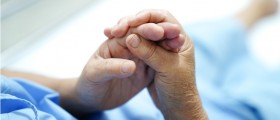






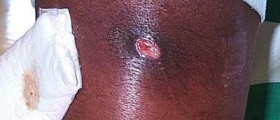
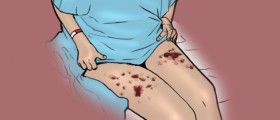

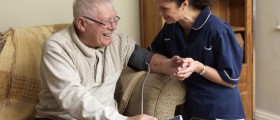
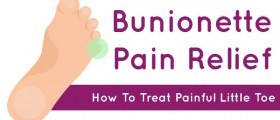



Your thoughts on this
Loading...